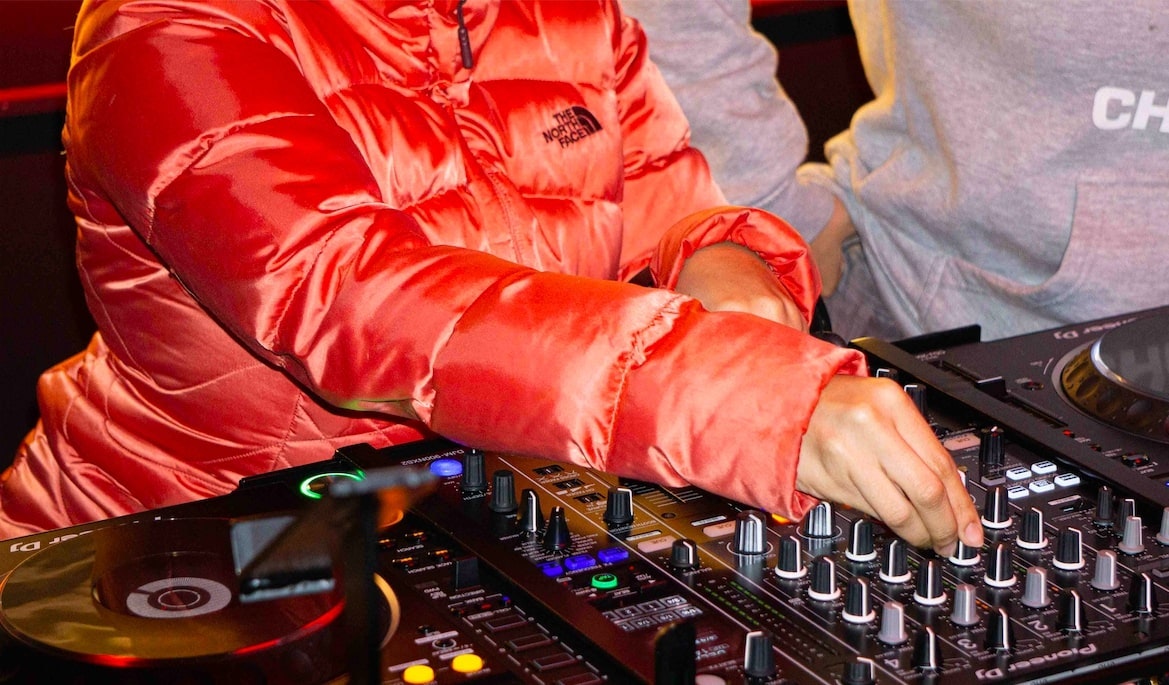
■ Features
Vanessa Maria is a DJ, Broadcaster at Foundation FM, Podcast Host at Resident Advisor and Digital Marketer at Sony for Black Butter Records. Named as one of the most important young people in music, she is dedicated to mental health advocacy in music, media and beyond.
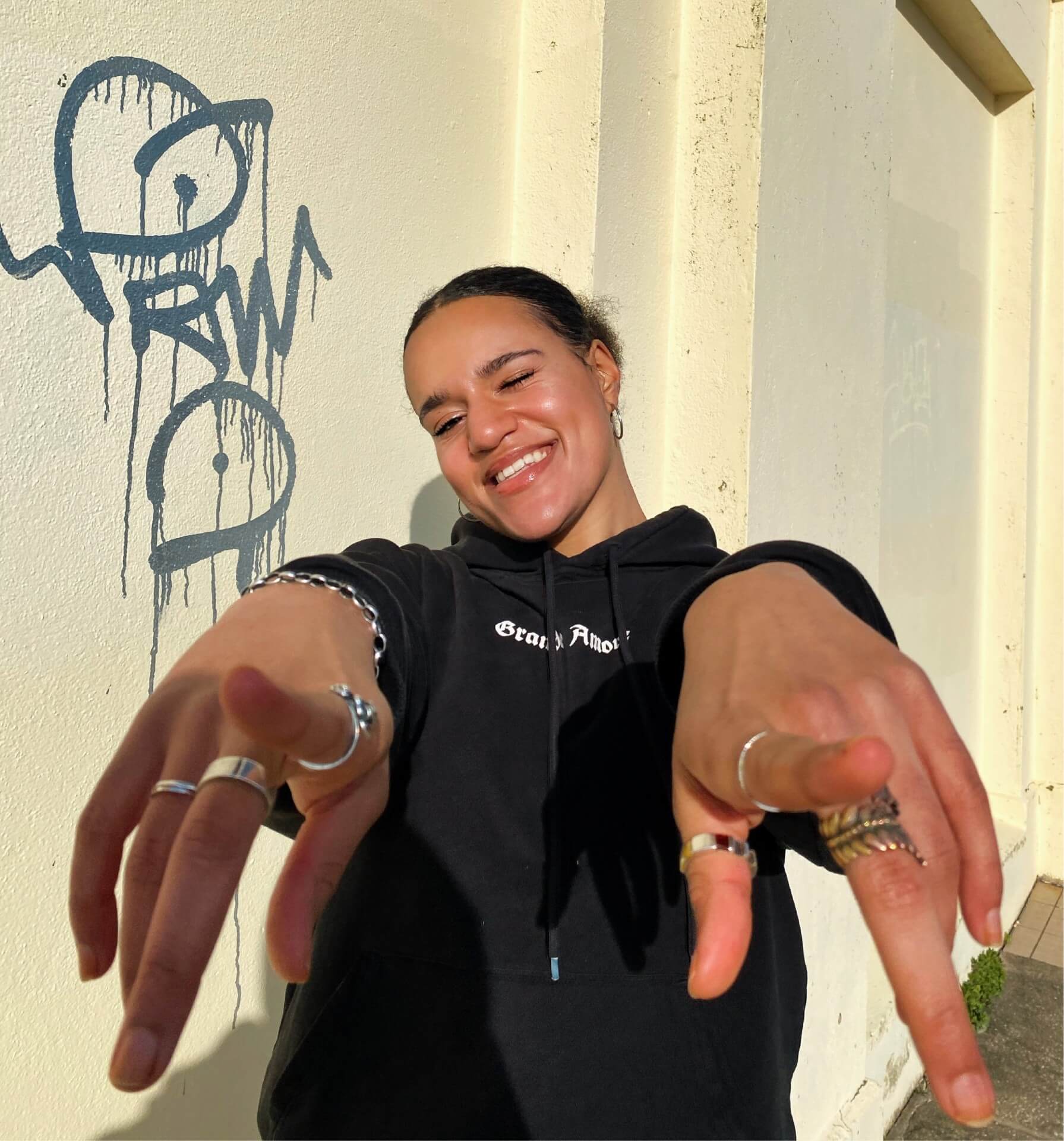 Vanessa Maria
Vanessa Maria
A good music artist bio might be more important than you think. It’s an essential tool that tells people about who you are and why they should listen to your music. This means it’s worth thinking carefully about, crafting a bio which is authentic, genuine and compelling is a game changer.
A good artist profile can entice new listeners to take a chance with your music and it may well be the reason why someone may come and see you perform. It is also a key part of your musician press kit, especially once you start thinking about how to release music and how to get booked for festivals. It goes without saying that your music should do the talking but learning how to write a musician profile will only aid you in getting your music heard.
When acting as your own publicist, there are several fundamental areas of PR that you need to keep in mind. The first is about telling your artist’s story. We all crave the narratives and backstories behind our favourite artists, so having one ready puts you one step ahead. It is an important first step to your music promotion plan and you’ll need it for social media channels, grant applications, festival bookings and spotify profiles. But, of course, it’s easier said than done. It can be challenging to write about yourself, especially if you have just started out. But you are in the business of self-promotion so it's time to get comfortable with this integral side of your music career.
Writing a professional bio is an art form, but this step by step guide will help you to perfect your bio and move you on to the next stages of your music career!
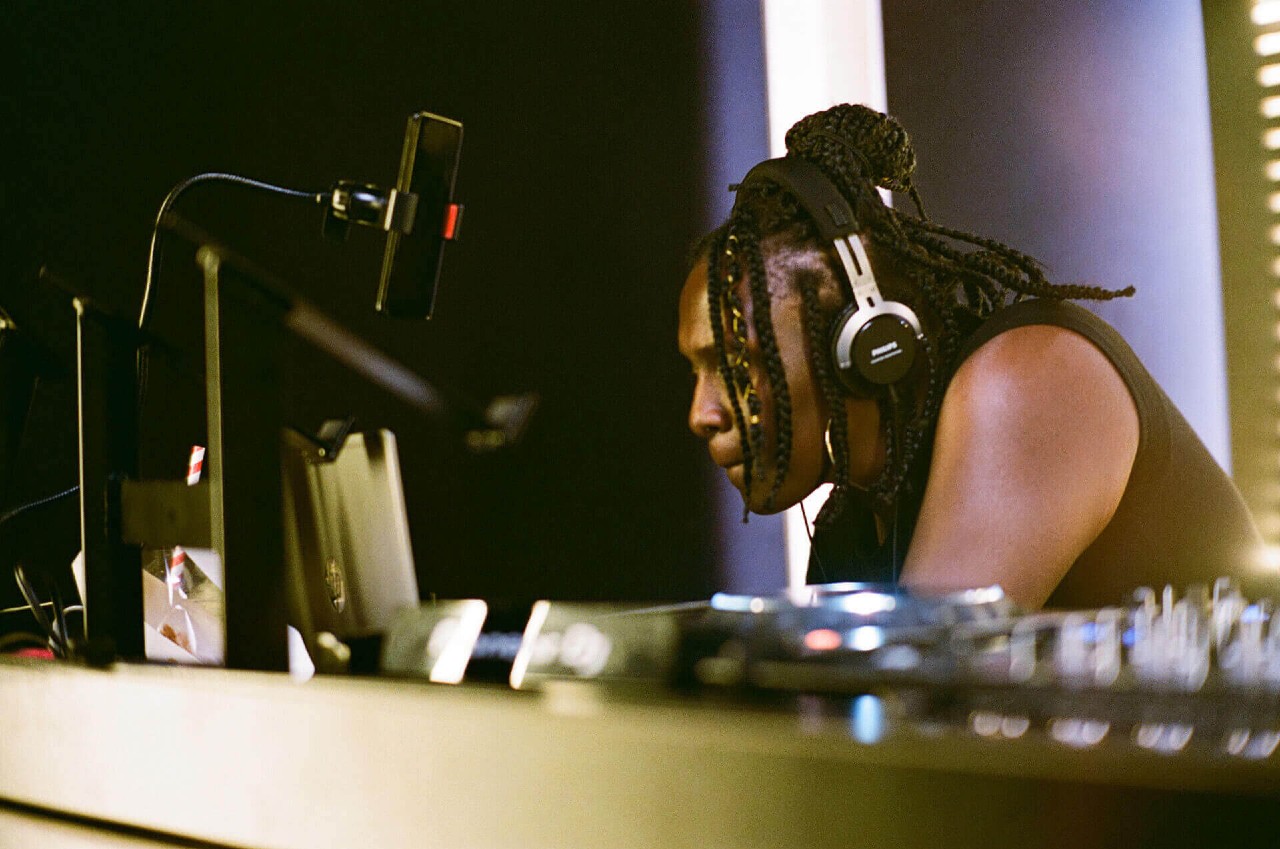
You might ask yourself what should I include in a bio? Make sure you don’t leave anything out from your career so far. Take note of all your basic information and major highlights in your music career.
Here are some prompts to help you:
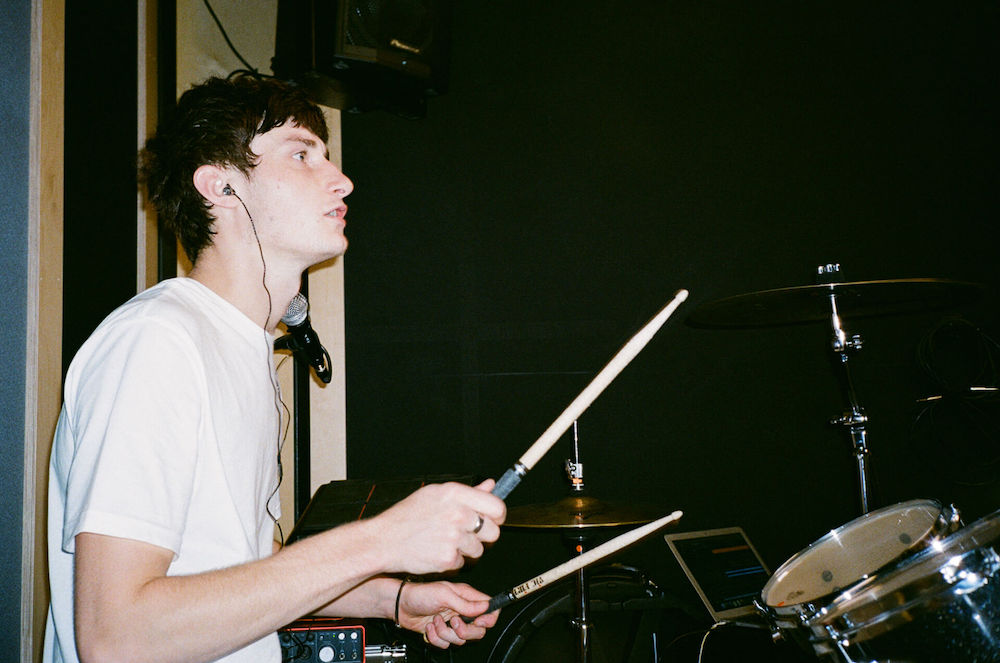
You need to capture your future fans' attention. Entice the reader in with a narrative that is unique to who you are. What tools do you use to make your music? Is there an event in your childhood that makes you who you are? Are you particularly inspired by a person, place or memory? Make it personal, make it specific and build a story around who you are and what you do.
You may believe certain things about your music but what are other people saying about you? The more social proof you can provide around your work the better! Have you been featured in any magazines, playlists or ones to watch lists? Speak about it and make it known. Demonstrating that you have an existing fan base and weight within the industry will directly influence how seriously people will take you as an artist.

Keep your musical biography simple. The structure should flow and the paragraph should be no more than 200-300 words long. The first sentence will be the most important, so try to hook the reader in with an overview of who you are and the music you make.
You might, on first take, want to write everything you need down. Afterwards, edit ruthlessly and refine your bio so it is clear, succinct and engaging. You may want to split your text into 2-3 paragraphs to make things easier to read. Remember, practise makes perfect, so make as many edits as you need.
However, it's important to note that there are bios for different platforms. How you write an artist bio on Spotify is very different to how you write an artist bio on Instagram.
You may need different versions of the same bio to cater to specific things:
Here is a rough guide on a general structure you may want to follow:

Tone and style are very important. Work on the delivery and sound of your bio so you can reflect the type of artist that you are.
Many people ask, should an artist bio be written in first person? The answer is no. Write in third person and take a factual, neutral tone when showing the reader your journey and progression as an artist. Make sure to avoid passive sentences and use the active voice instead. This is where the subject of your sentence is performing the verb. e.g:
Passive voice: Boundaries are pushed by Beyonce’s music, which captivates on a journey for experimentation and intimacy.
Active voice: Beyonce’s music pushes boundaries and captivates us on a journey for experimentation and intimacy.
Key things to remember:
Go back to your bio on a monthly basis and continuously update it with your new releases, projects and accomplishments. Make sure you don’t distort the truth or over-exaggerate.
Great things take time, so it's okay if you're not on a world tour yet. You can write an amazing bio without having won a grammy- Good luck!
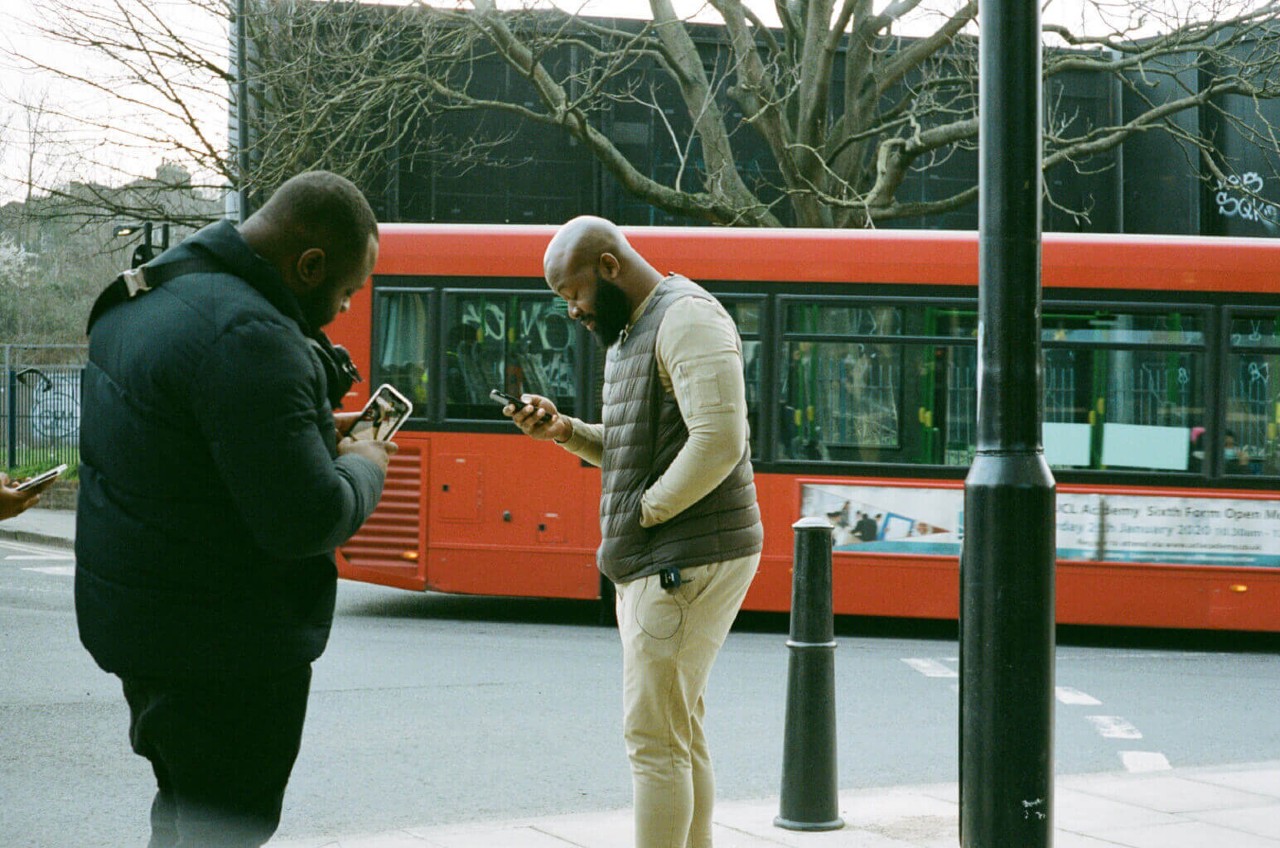
For more music industry tips, tricks and advice, or to access up-to-date music industry news, head to the Pirate.com Blog. Here you can access advice on how to find a music manager, how to release music and more
To hone your skills as a podcaster, band, producer or DJ, book a Pirate.com studio in the UK, US or Germany.
